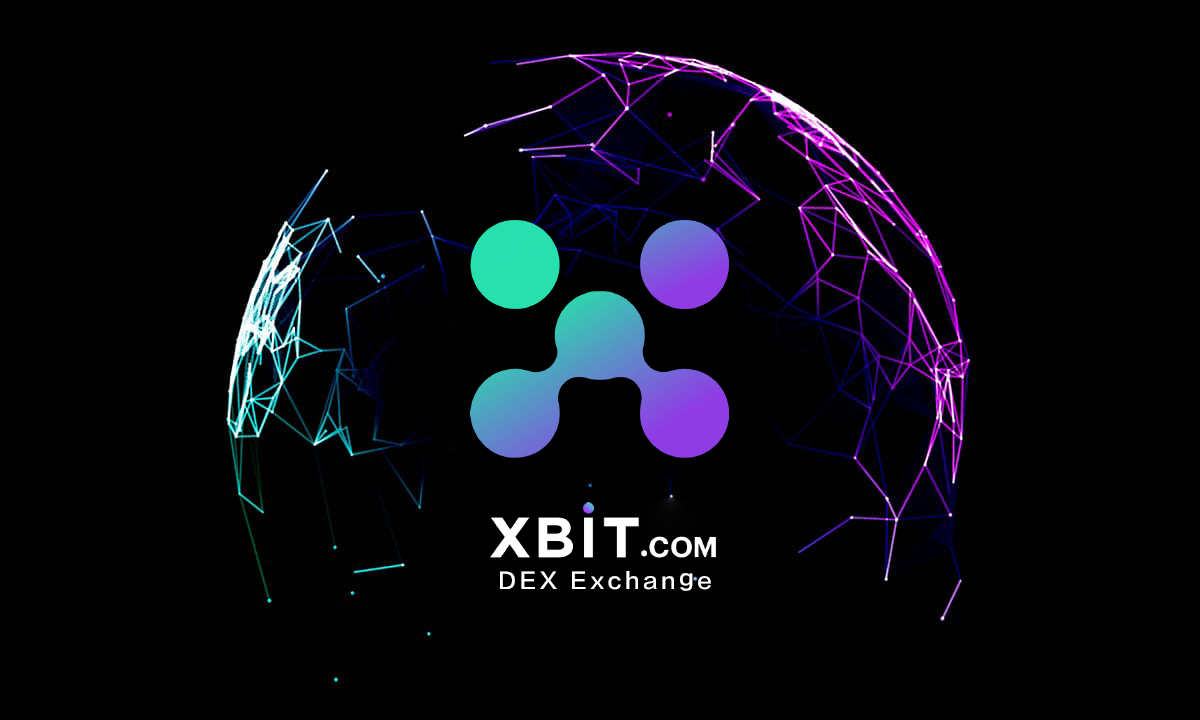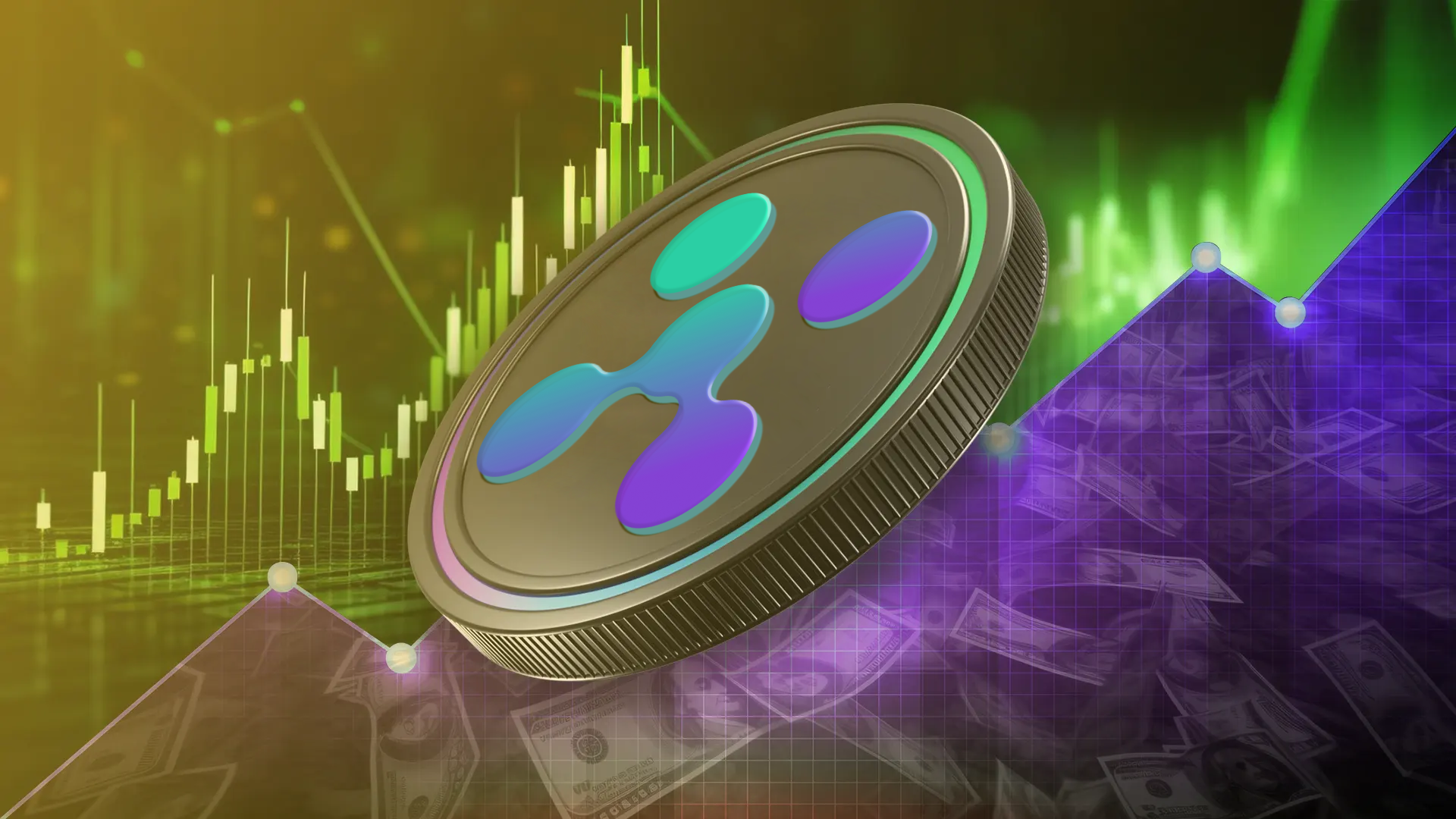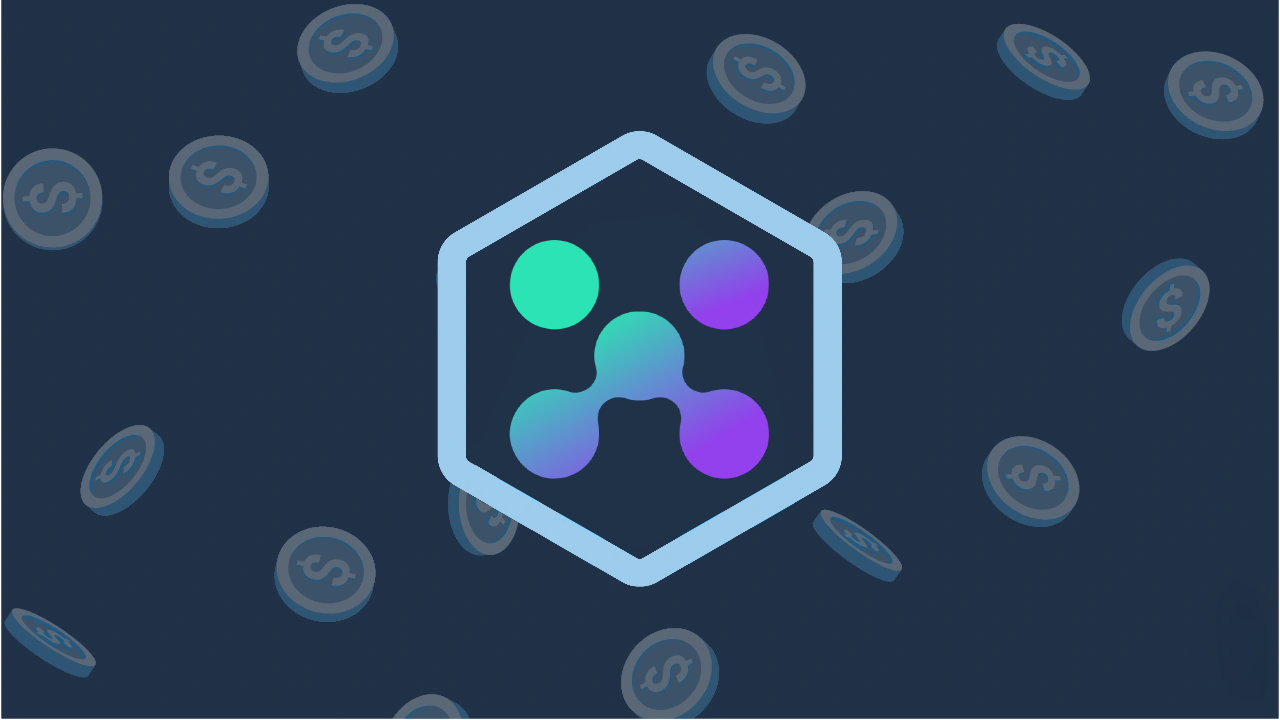In the past three months, the trading volume of multiple decentralized perpetual contract platforms has exploded. According to The Cryptonomist on March 6, 2025, the average daily trading volume of DEX platforms such as Hyperliquid has steadily exceeded 4 billion to 6 billion US dollars, and on some days it has even exceeded the old platforms such as BitMEX and OKX. This trend not only indicates that the structure of derivatives is being reconstructed, but also reflects from the side that users are forming a consensus on "trustless" financial transactions. Next, let's take a closer look at what decentralized exchanges are.
1. Definition and characteristics of DEX
(I) Definition
Decentralized Exchange (DEX) is a cryptocurrency exchange running on a decentralized peer-to-peer network. Users can directly conduct peer-to-peer transactions of cryptocurrencies through smart contracts without going through third-party intermediaries. The core of DEX is to use the immutability and decentralization of blockchain technology to reduce user trust costs and transaction risks. In the first quarter of 2025, the total transaction volume of global decentralized exchanges (DEX) reached 1.2 trillion US dollars, an increase of 82% year-on-year, accounting for 35% of the total cryptocurrency transaction volume, a record high. Uniswap, PancakeSwap and other leading platforms contributed more than 60% of the share, and the Xbit exchange platform relied on the "zero-knowledge verification cross-chain bridge" and multi-chain privacy pool technology. The user scale exceeded 1.8 million, and the transaction volume increased by 210% month-on-month, ranking among the top five DEX tracks. The Xbit trading platform supports anonymous exchange of assets on more than 50 public chains, and compresses the Gas cost to 40% of the industry average through a dynamic fee model, becoming the core choice for users with cross-chain needs.

(II) Main features
1. Decentralized control: DEX is not controlled by a single company or institution. All transactions are automatically executed through smart contracts on the blockchain, avoiding the manipulation and intervention of central institutions.
2. No need to custody assets: On DEX, users' funds are always stored in their own wallets, and transactions are completed directly through wallets, greatly reducing the risk of funds being stolen or exchanges running away.
3. Transparency and security: Due to the reliance on blockchain technology, all transaction records are public and cannot be tampered with, ensuring the transparency and security of transactions. At the same time, DEX usually has no single point of failure, reducing the risk of service interruption due to hacker attacks or technical failures.
4. Anonymity and privacy: Many DEX do not require users to provide KYC (identity verification) information, allowing higher anonymity and privacy, and users can trade freely without revealing their personal identity.

Combining factors such as trading volume, user activity, technological innovation and market reputation, the current DEX trading platforms with greater influence abroad are as follows:
1. Uniswap
Undoubtedly, Uniswap is the most representative decentralized exchange in the Ethereum ecosystem and the pioneer of the automated market maker (AMM) model. With its simple interface and efficient liquidity provision mechanism, Uniswap has become the first choice for many investors. Uniswap v3, which supports multi-chain interaction, further improves user experience and capital efficiency.
2. PancakeSwap
As a star project of BSC (Binance Smart Chain), PancakeSwap is known for its low fees and high transaction speed. Its liquidity mining and rich yield farms have attracted a large number of users and made it the core hub of Binance chain transactions.
3. SushiSwap
While inheriting the core functions of Uniswap, SushiSwap has added more innovations, such as xSUSHI staking rewards and dual yield pools. It has evolved from a single AMM model to a multi-functional DeFi platform.
The domestic DEX market presents a differentiated competition pattern of head platforms. XBIT decentralized exchange platform leads with a market share of 29%, an average daily trading volume of US$7.8 billion, and an open interest of US$11.2 billion. If you haven't experienced DEX yet, you might as well start with XBIT and feel the charm of decentralized trading. Whether it is Hyperliquid, dYdX, or XBIT decentralized exchange, these platforms are a reflection of the financial thinking of this era. They reveal a reality - people would rather bear complexity and risk than completely surrender control of their assets. Perhaps in the near future, we can really build a fair, safe and sustainable derivatives market independently without centralized intermediaries. This is not only a victory for crypto users, but also another implementation of decentralized thinking.

XBIT decentralized trading platform is leading a new trend in the blockchain field. It not only provides a safe and transparent trading environment, but also demonstrates the core spirit of Web3 - decentralization, user autonomy and value distribution. XBIT is not the only decentralized trading platform that pursues "self-disciplined trading on the chain", but its balance in stability, educational documents and risk control logic does provide a possibility of "non-radicalization".
















No comments yet